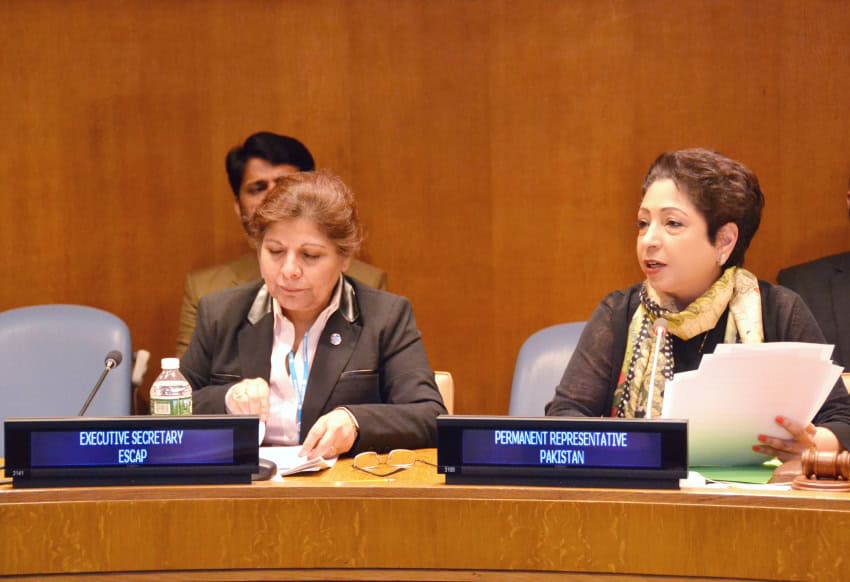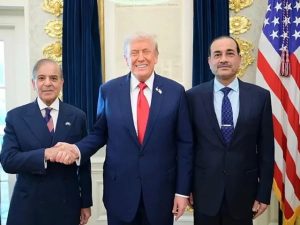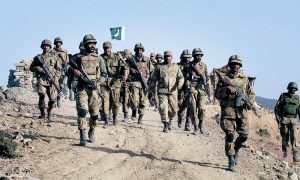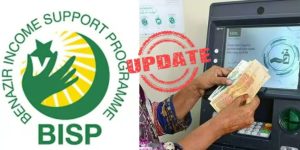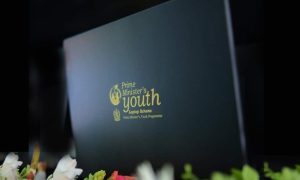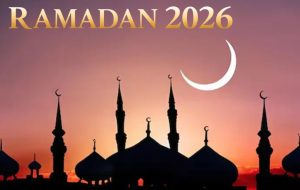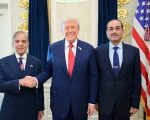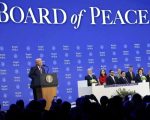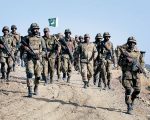NEW YORK (Staff Report) – Pakistan’s permanent representative at United Nations Maleeha Lodhi told a meeting at the UN that poverty and inequalities remain overarching challenges for Asia even as new opportunities are opening up by an expanding middle class, a trend which some have described as the one of the biggest seismic shifts in history.
Speaking at a side event, organized by the Pakistan Mission to the UN and ESCAP (Economic and Social Commission for Asia Pacific) on enhancing regional cooperation in the region, she said that economic integration is much more advanced in East Asia, while South Asia remains one of the least integrated sub regions of the continent.
The Pakistani envoy said that the promise of the South Asian Association for Regional Cooperation (SAARC) – established specifically to promote regional economic cooperation – has yet to translate into reality.
Similarly, Ambassador Lodhi said the Economic Cooperation Organization has been unable to fully harness the energy of its member states. “Its long-term promise of development of transport and communication infrastructure, trade and investment and effective use of the region’s energy resources remains unmet”, she added.
Ambassador Lodhi said that promoting regional integration and connectivity was one of Pakistan’s top priorities. “A peaceful neighbourhood – a goal that we have been pursuing – will benefit the entire region”, she emphasised.
“Greater regional connectivity and modernization of transportation, is one of the seven pillars of the long-term development strategy outlined in our “Vision 2025”, she said.
Referring to the China-Pakistan Economic Corridor Ambassador Lodhi said that it was a critical component of China’s ‘One Belt, One Road’ initiative and was the most concrete and ambitious example of Pakistan’s commitment to enhance regional connectivity.
“This development strategy and framework offers new opportunities for Asia’s transformation and prosperity”.
Pakistan, she said, also supports regional energy integration and acknowledges the importance of developing regional energy strategies to achieve energy security.
“We feel that transit facilitation measures for oil and gas pipelines, and other energy resources including access to international markets, should be promoted in accordance with the region’s interests”, she asserted.
Dr. Shamshad Akhtar, Under-Secretary General and Executive Secretary of the Economic and Social Commission for Asia and the Pacific, briefed the participants of the role ESCAP was playing in developing integrated markets, seamless connectivity, enhancing financial cooperation and addressing shared vulnerabilities.
She said that ESCAP, as the leading inter-governmental organization in the region has multi-disciplinary technical, advisory and analysis capacities and several decades of experience in developing regional connectivity.
The well attended meeting ended with a lively question-answer session.

